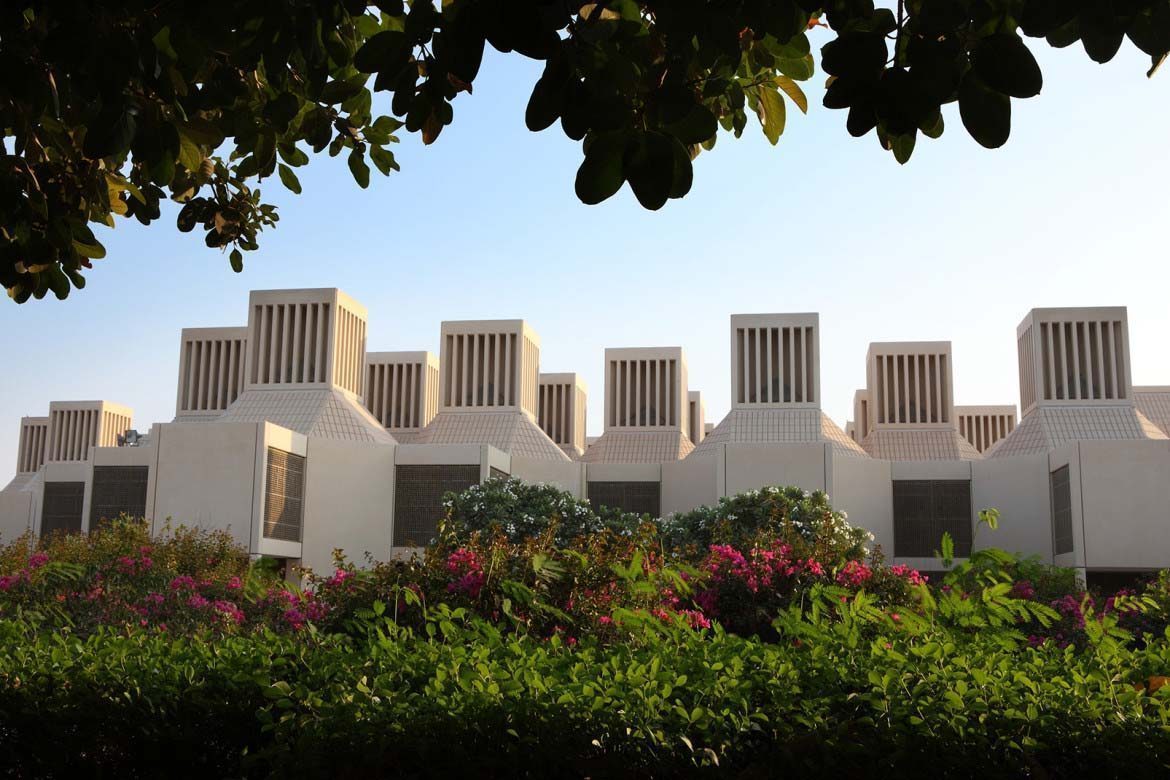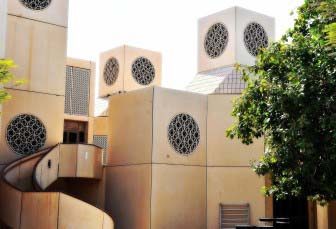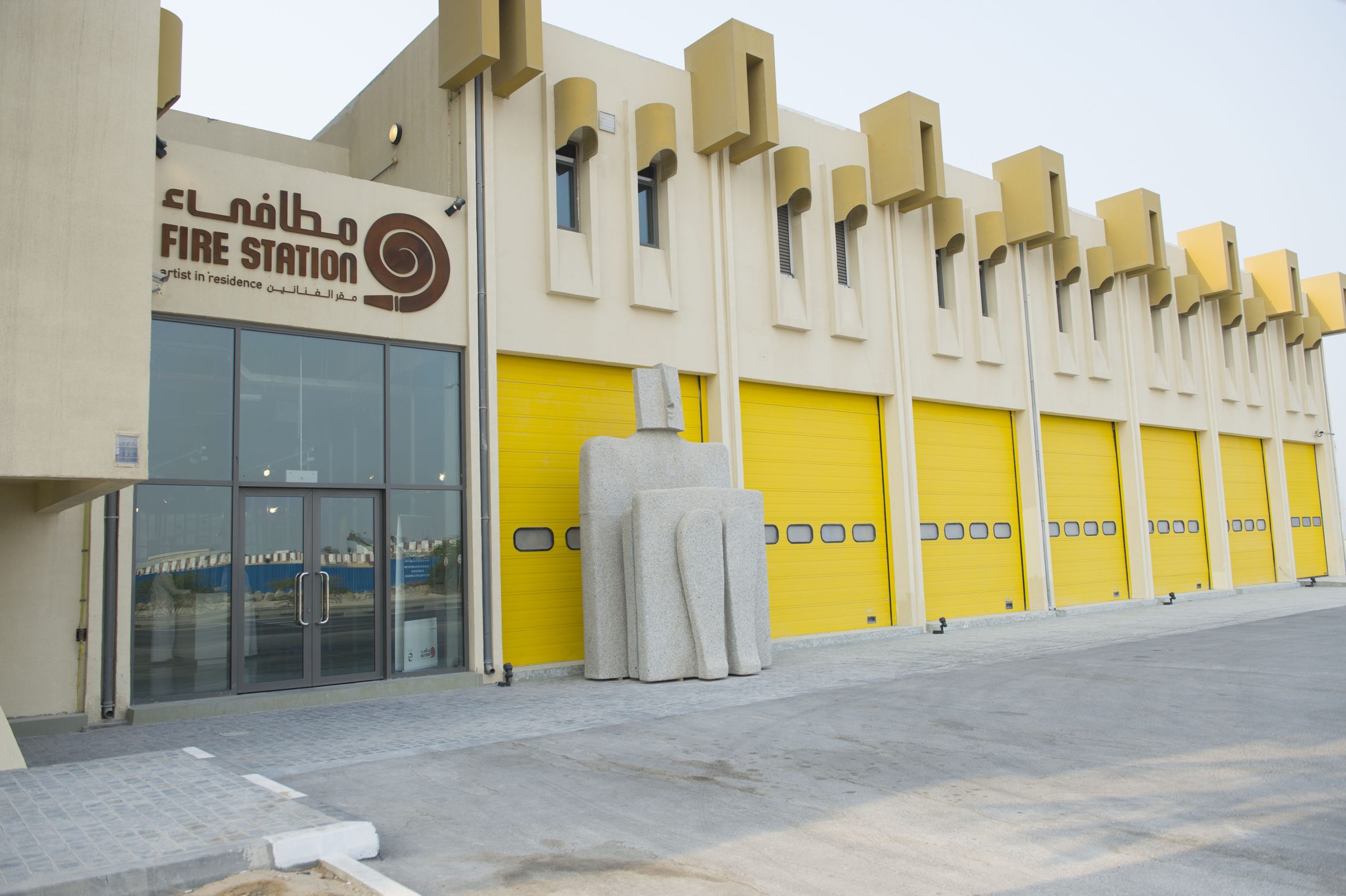
Updated on August 25 with 2015/16 intake figures from WCMC-Q
In a step toward addressing the nation’s shortage of trained healthcare professionals, Qatar University has confirmed that a total of 80 students, nearly two-thirds of whom are nationals, have been accepted as the first class of its new College of Medicine.
The university announced the launch of the country’s first public medical school in November last year, amid calls to produce more Qatari doctors and other healthcare workers.
Last month, a senior Hamad Medical Corp. (HMC) official warned that the state faced a “serious shortage” of locally-trained medical staff, with only five nationals graduating as doctors each year.
Dr. Abdullatheef Al Khal, HMC’s Director of Medical Education, said at the time the country needs 150 to graduate each year to meet increasing demand.
Class of 2021
In a statement this week, QU said its first class of medical students, chosen from more than 700 applicants, includes 51 Qatari nationals.
Of the 80 men and women accepted, 50 students met the minimum college entry requirements of a High School Grade Point Average (GPA) of 85 percent and will automatically qualify to start the six-year, MD degree program this fall to become the “Class of 2021”.

Of those 50, six had a GPA of 100 percent while several more were admitted with GPAs of more than 99 percent.
All the Qatari applicants who achieved the GPA requirement were granted admission to the MD program – around half of the national students accepted this year.
The remaining 25 Qataris and five non-Qatari students who did not meet the English and Maths requirements will join the university’s one-year Foundation Program and must pass with at a score of at least 70 percent before beginning the MD course.
Speaking about the first class, the Dean of the College of Medicine and Vice President for Medical Education Dr. Egon Toft said:
“We are very pleased with the number of Qatari nationals admitted and pledge our full commitment to supporting them in their studentship to meet the college’s highly demanding requirements.”
More doctors
The College of Medicine will be located in the north of the QU campus, close to the new College of Pharmacy building. Together, the university said, the colleges will constitute the core of a new medical and health sciences campus.

Male and female students in the MD program will take classes together, but student lounges, cafeterias, building entrances and library facilities at the university are gender-segregated out of respect for Qatari traditions and student privacy and preference, a QU spokesperson said.
The decision to open Qatar’s first public medical school was made under a directive from the Emir Sheikh Tamim bin Hamad Al Thani, and Qatar University’s (QU) Board of Regents approved the plan during its first meeting of the 2014-15 academic year.
For the last several years, Qatar’s health system has been under strain due to the country’s rapidly increasing population. Many experts have called for more locally-trained professionals, to help curb high turnover rates and standardize the level of care in the country.

In addition to QU’s medical program, Weill Cornell Medical College in Qatar offers a six-year MD curriculum.
A total of 54 students enrolled to start their studies this September, 30 percent of whom (around 16 students) are Qatari, the university said in a statement.
Last academic year, 48 students were enrolled in WCMCQ’s program, while 42 graduated in the spring. The school did not specify how many were Qatari.
A report published last year by international management consultants McKinsey & Co. said that a shortage of healthcare professionals, particularly those from the Gulf, is one of the key challenges facing Qatar.
Currently, more than two-thirds of doctors working in Qatar are recruited from overseas, and with a 240 percent increase in demand for services predicted by 2025, the report called for new strategies to attract more Qatari and Gulf nationals to study medicine.
As an incentive to nationals to undertake medical training, this summer the government launched a generous scholarship fund for Qatari students.
The grant offers QR10,000 a month stipend for students in their first year of study, rising to QR26,000 monthly from their fourth and subsequent years.
Thoughts?







